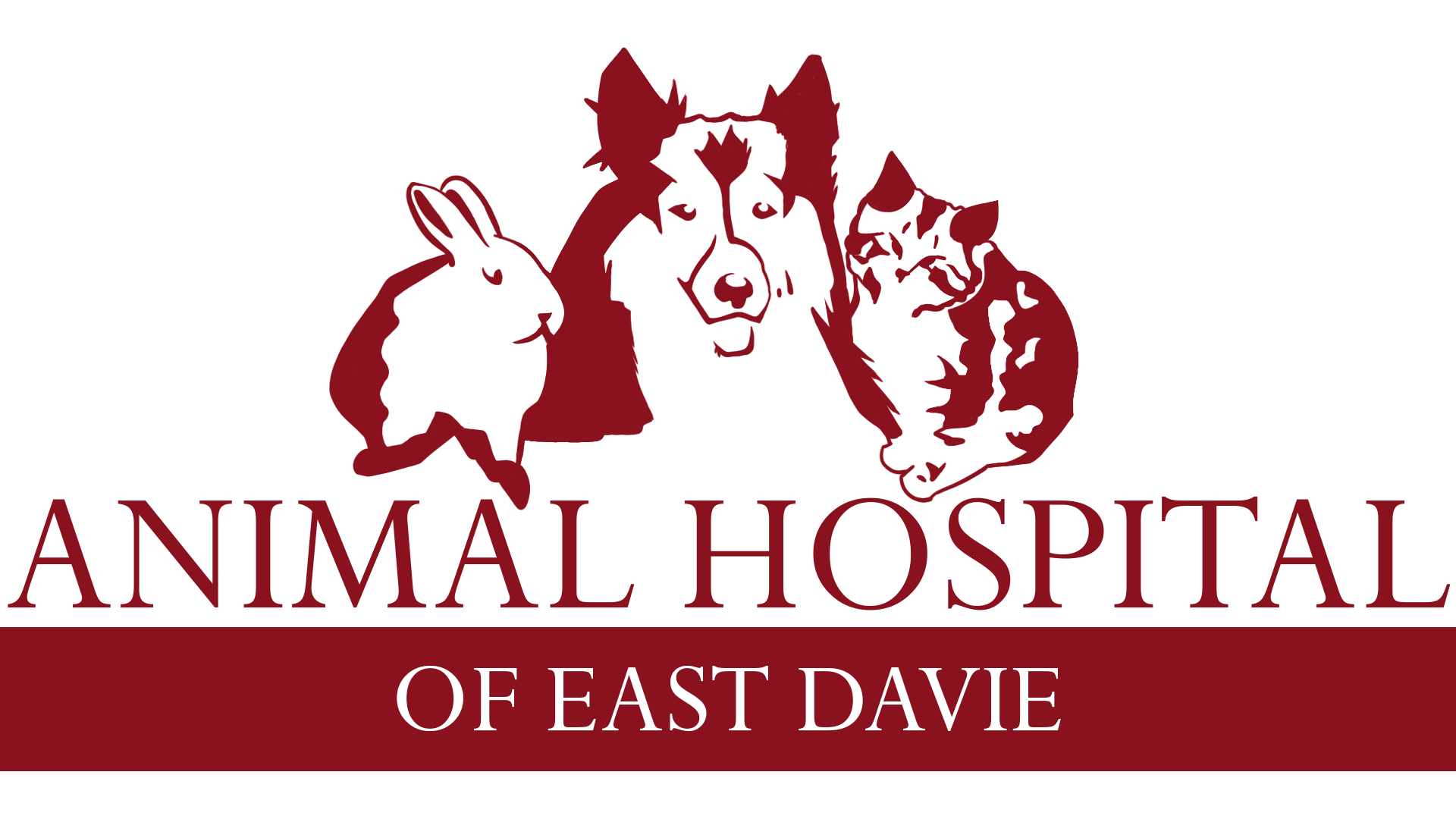The Importance of Proper Nutrition for Kittens
Kittens are high-energy explorers, requiring a nutrient-rich diet to support muscle development, bone growth, and immune health. From the moment they are born, they experience rapid growth, nearly doubling in size within a few weeks. Ensuring they receive high-quality food packed with essential nutrients is key to their well-being.
A well-balanced kitten diet should provide:
- High protein content for muscle development
- Essential fatty acids for brain and skin health
- Vitamins and minerals for bone growth and immune function
- Taurine, an essential amino acid for heart and eye health
Kitten Growth & Feeding Stages
Newborn to Weaning (0-10 Weeks)
At birth, kittens rely on their mother’s milk for nutrition. By three to four weeks old, they begin transitioning to solid food. Soft, high-protein canned food is recommended at this stage to ease digestion.
Post-Weaning to Six Months
Once weaned, kittens require a balanced diet rich in protein, fat, and calories to support rapid growth. Kitten-specific foods provide the necessary nutrients. Diets labeled “complete and balanced for all life stages” can also be suitable.
Six Months to Adulthood (8-12 Months)
Growth begins to slow, and kittens require fewer calories per pound of body weight. While protein remains crucial, portion control is important to prevent overfeeding and obesity.
How to Choose the Right Kitten Food
Kitten-Specific Diets vs. Adult Cat Food
Kitten foods are specially formulated to meet the higher energy and protein demands of growing felines. Dry kitten foods typically contain 35% protein and 12-24% fat, while caloric density is about 25% higher than adult cat food.
When choosing a diet, look for labels indicating:
- “Complete & balanced for all life stages” – Safe for kittens and adult cats
- “Kitten formula” – Specifically designed for growing kittens
- Avoid foods labeled “maintenance”, as they are formulated for adult cats only.
Dry vs. Wet Food: What’s Best for Kittens?
- Wet food (canned): Higher moisture content, easy to eat, beneficial for hydration.
- Dry food (kibble): Convenient, promotes dental health, should be supplemented with water.
- A combination of both provides variety and ensures balanced nutrition.
Feeding Schedule & Portion Control
- 0-3 months: Free feeding is often best, as kittens need frequent meals.
- 3-6 months: Offer 3-4 meals per day, monitoring portion sizes.
- 6-12 months: Transition to 2 meals per day as growth slows.
For guidance on your kitten’s diet and portioning, visit our Pet Nutritional Counseling Services and book an appointment today!
Common Feeding Concerns
Can You Overfeed a Kitten?
Up to three to four months of age, it’s difficult to overfeed a kitten, as their high metabolism requires constant energy intake. However, after six months, portion control becomes important to avoid obesity and digestive issues.
Loss of Appetite in Kittens
Kittens are naturally active and playful, but if they stop eating for 48 hours, it may indicate an issue. Lack of appetite accompanied by vomiting, diarrhea, or fever requires immediate veterinary attention.
If your kitten experiences appetite loss or digestive concerns, schedule a Veterinary Diagnostics exam with our team.
Understanding Kitten Nutrient Needs
Cats are obligate carnivores, meaning they require nutrients found only in animal-based diets. Unlike other animals, kittens cannot synthesize certain vitamins and amino acids, making a properly formulated diet essential.
Essential Nutrients for Kittens
- Protein – Supports muscle and tissue growth.
- Taurine – Essential for heart and eye health.
- Fatty Acids – Promote brain function and skin health.
- Vitamins A & D – Support vision, bone health, and immunity.
- Calcium & Phosphorus – Crucial for strong bones and teeth.
Schedule a Kitten Wellness Exam Today!
Ensuring your kitten receives proper nutrition is key to their long-term health. Our veterinary team is here to provide expert guidance on feeding, portion control, and balanced diets for kittens.

